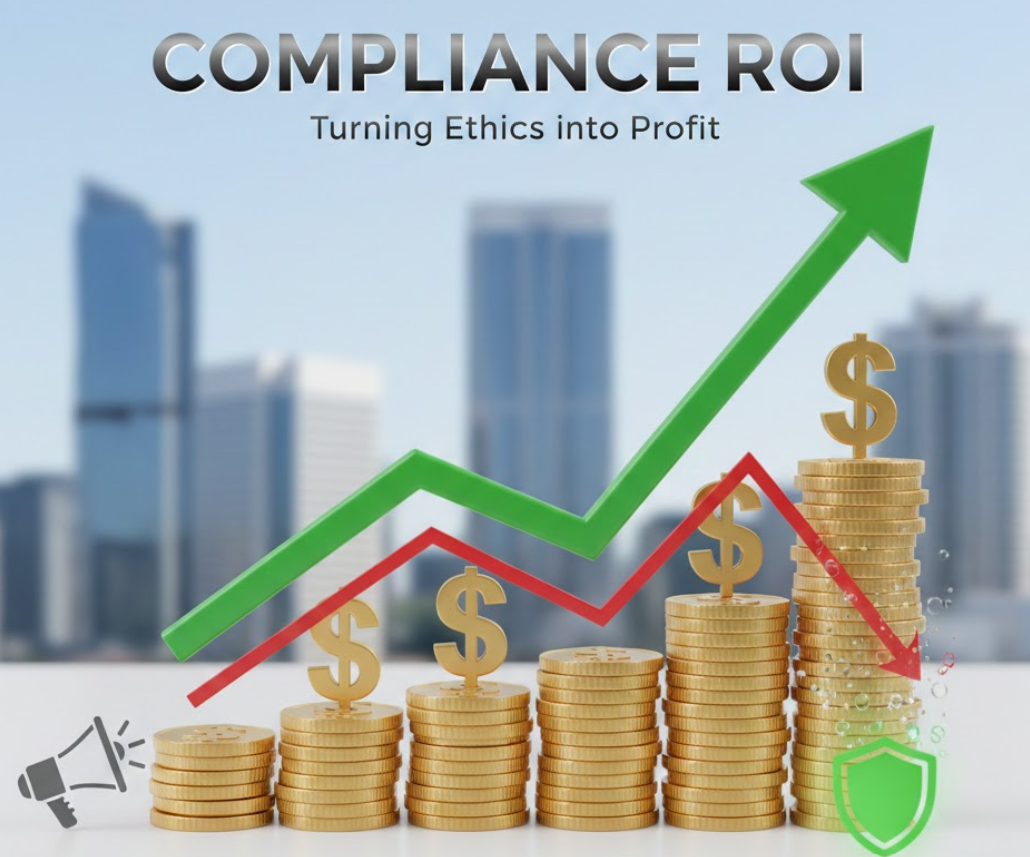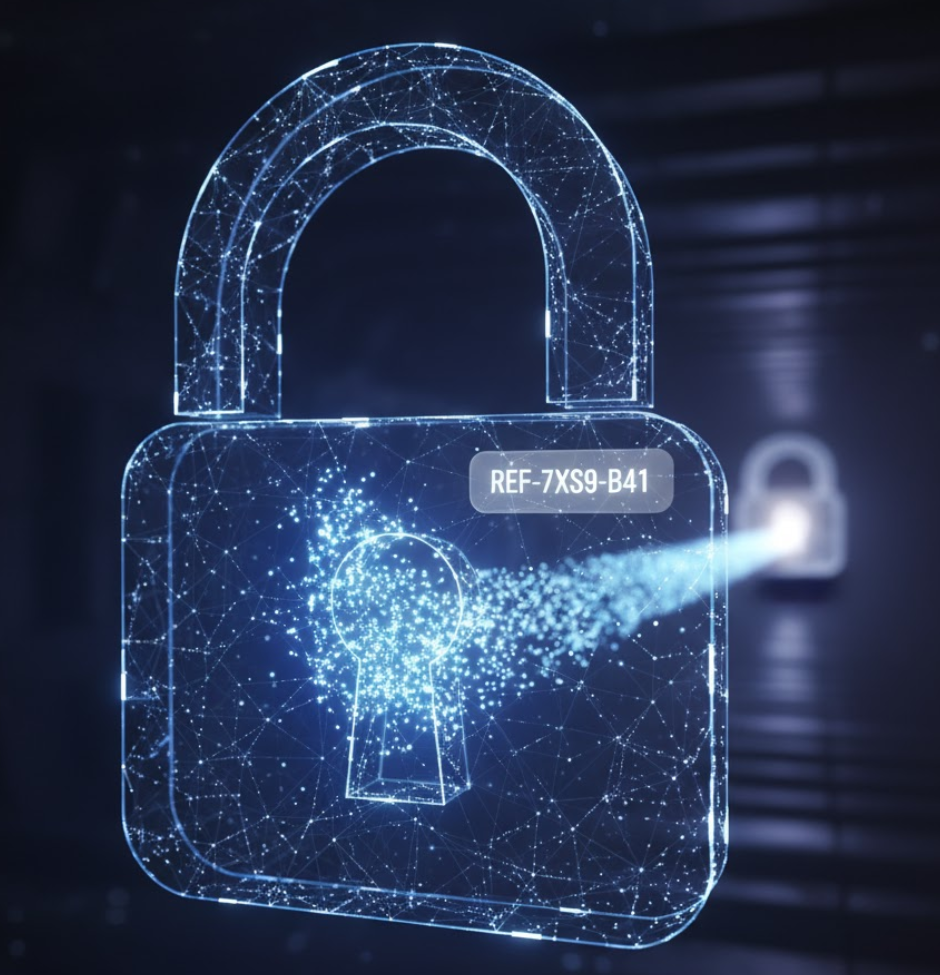
A robust whistleblower hotline platform isn’t just a compliance checkbox; it’s a vital tool for fostering an ethical culture, mitigating risks, and protecting your organization’s reputation. For compliance officers, HR leaders, legal teams, and board committees, choosing the right platform requires careful consideration of various factors, from features and pricing to specific use cases and the level of independence offered.
Why is a How to Choose a Whistleblower Hotline Platform Essential?
A whistleblower hotline platform provides a secure and confidential channel for employees and other stakeholders (e.g., suppliers, customers) to report misconduct such as fraud, harassment, discrimination, safety violations, and ethical breaches. Studies show that organizations with hotlines detect fraud more quickly and experience lower financial losses. Beyond financial benefits, a well-implemented hotline demonstrates a commitment to transparency and accountability, encouraging a “speak-up” culture.
- Define Your Organizational Requirements
Before comparing platforms, it’s crucial to clarify your specific needs:
- Legal and Regulatory Requirements: What compliance obligations do you have? For instance, do you need to comply with the EU Whistleblower Directive, SOX in the US, or specific local corporate governance codes?
- Organization Size and Structure: A multinational corporation with diverse languages and global operations will have different needs than a small to medium-sized enterprise (SME).
- Current Internal Reporting Culture: Are you looking to establish a reporting culture from scratch, or do you need to enhance and maintain an existing process?
- Volume and Type of Expected Reports: Industries like financial services or healthcare often receive a higher volume of reports and more sensitive disclosures.
- Essential Features to Consider
When evaluating whistleblower hotline platforms, consider the following essential features:
| Feature | Why It Matters | Key Questions to Ask Vendors |
| 24/7 Accessibility | Enables reports anytime, crucial for global workforces and immediate concerns. | Do you offer multilingual call centers or digital platforms 24/7? |
| Anonymous Reporting & Two-Way Communication | Protects whistleblower identity while enabling crucial follow-up questions. | Can an anonymous reporter communicate back and forth securely with investigators? |
| Multichannel Options | Increases accessibility and caters to different preferences (web, phone, app, email, QR code). | What reporting channels are included in your base package? |
| Data Security & GDPR Compliance | Protects sensitive data, maintains trust, and avoids legal breaches. |
Where is data stored and how is it encrypted? How do you ensure GDPR compliance? |
| Case Management Tools | Streamlines investigation workflows, documentation, and follow-up. | Does your platform include built-in investigation tracking, trending, and robust reporting tools? |
| Multilingual Support | Ensures inclusivity for diverse global staff. | How many languages do you support, and are the translations human-verified or automated? |
| Training and Implementation Support | Ensures a smooth rollout, administrator proficiency, and employee uptake. | What onboarding, training, and ongoing support do you provide for administrators and employees? |
- Pricing Factors
Whistleblower hotline platform costs can vary significantly based on features, the size of your organization, and the level of service required. Common pricing factors and models include:
- Number of Employees/Users: Many providers offer tiered pricing based on the size of your workforce.
- Reporting Volume: Some models may include limits on the number of reports or calls, with additional charges for exceeding these limits.
- Included Features: Basic packages might offer essential reporting channels, while premium plans include advanced case management, analytics, or extensive language support.
- Live-Answer vs. Web-Only: Live phone hotlines with human operators generally cost more than purely web-based solutions due to staffing and infrastructure.
- Implementation and Setup Fees: Some providers charge one-time fees for initial setup, customization, and training.
- Additional Services: Costs can increase for services like customizable branding, promotional materials, or a dedicated account manager.
- Contract Length: Discounts may be available for longer-term commitments (e.g., annual billing vs. monthly).
It’s crucial to obtain detailed quotes and understand all potential costs, including any hidden fees for additional services or exceeding usage limits.
- Use Cases
Whistleblower hotline platforms serve a broad range of organizations and address various misconduct types:
- Multinational Corporations: Require comprehensive solutions with 24/7 multilingual hotlines and strict compliance with global data protection laws.
- Medium Enterprises: Often prioritize web-based anonymous reporting, affordable multilingual options, and strong implementation support to help cultivate a reporting culture.
- Small Businesses & Nonprofits: Tend to focus on cost-effective, easy-to-use platforms to build trust, and simple reporting and case management workflows.
- Independent Hotline Providers
Choosing an independent third-party provider for your whistleblower hotline is often recommended. This independence enhances credibility and encourages reporting by assuring individuals that their concerns will be handled impartially and without fear of retaliation from internal management.
Independent providers typically offer:
- Neutrality: Reports are received and processed by an unbiased entity, increasing trust among potential whistleblowers.
- Enhanced Anonymity: They are better positioned to protect a reporter’s identity than an in-house system, as there’s no direct organizational control over the initial intake.
- Specialized Expertise: These providers specialize in whistleblower intake and case management, often having trained operators and robust systems in place.
- 24/7 Availability: Many offer round-the-clock service, ensuring reports can be made anytime, anywhere.
- Streamlined Implementation: Independent providers can often deploy their systems quickly with minimal internal IT involvement, reducing implementation burden on your organisation.
- Vendor Comparison Tips
When evaluating shortlisted vendors:
- Request a live demo to see the user experience from both an employee (reporter) and an investigator perspective.
- Check references or case studies from organizations within your industry.
- Clarify contractual lock-in periods and understand their exit strategies.
- Assess vendor responsiveness during the sales process; this often indicates the quality of long-term support you can expect.
Conclusion
Choosing the right whistleblower hotline platform is a strategic decision with significant implications for legal compliance, corporate culture, and risk management. By carefully mapping your organizational requirements against available features, pricing structures, and vendor strengths, you can ensure your investment fosters trust and transparency while effectively protecting both your employees and the organization.
Learn more hotline best practices here.
Are hotlines effective? See what the Association of Certified Fraud Examiners has to say here.
Reach Us
Red Flag Reporting
P.O. Box 4230, Akron, Ohio 44321
Tel: 877-676-6551
Fax: 330-572-8146



